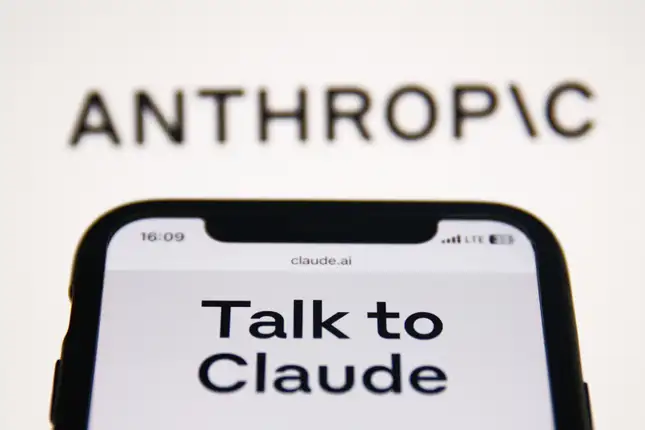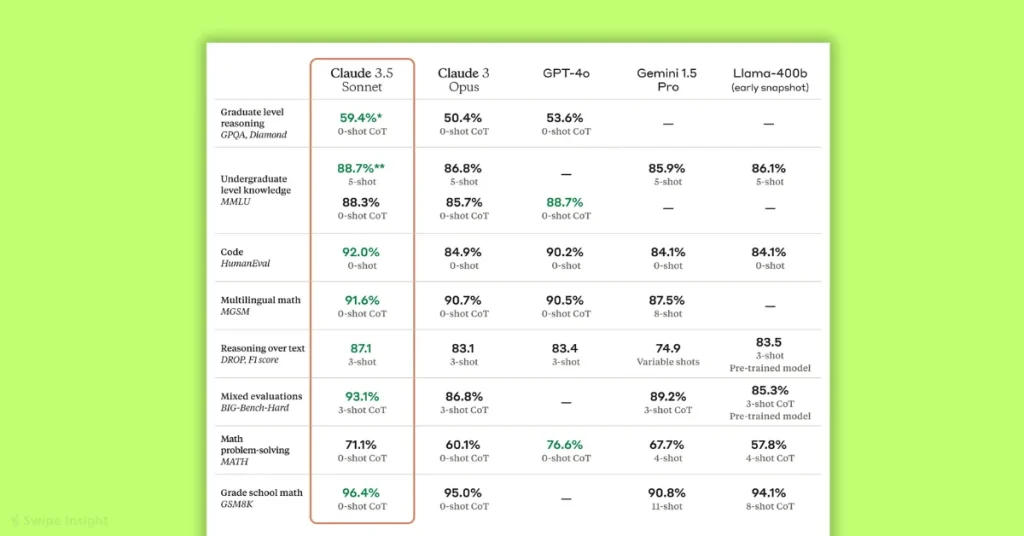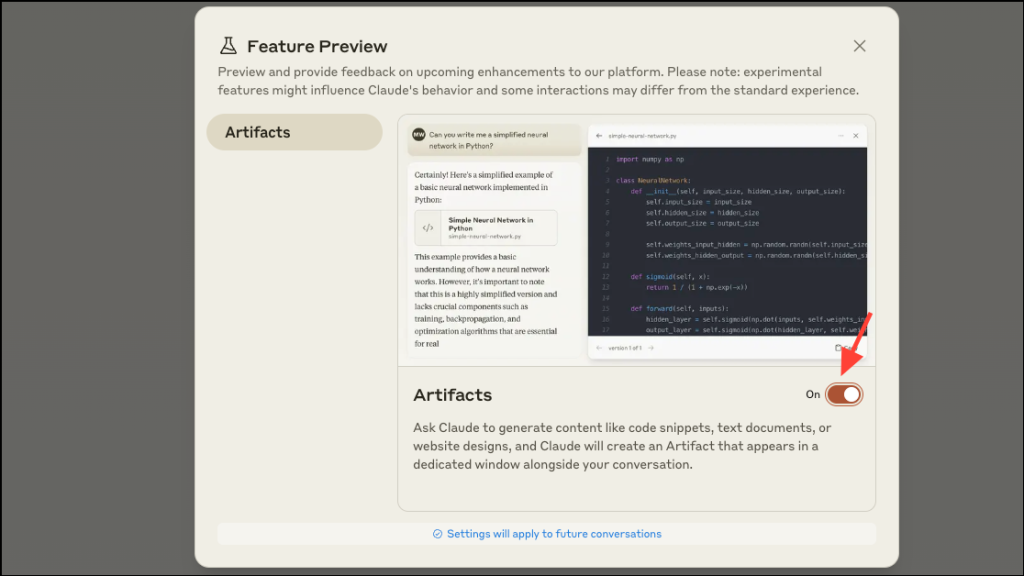Discover the clever new methods making AI conversations more intuitive and efficient.

The AI arms race is intensifying with Anthropic’s launch of its latest model, Claude 3.5 Sonnet. This model is said to rival or surpass OpenAI’s GPT-4o and Google’s Gemini in a wide range of tasks. It is currently available to Claude users on the web and iOS, and Anthropic is also offering it to developers.
Claude 3.5 Sonnet is positioned as the middle model in Anthropic’s lineup, with Haiku as the smallest model and Opus as the high-end option. Despite being a middle-tier model, 3.5 Sonnet reportedly outperforms the previous top-tier 3 Opus by a significant margin and is twice as fast.
While AI model benchmarks should be viewed with caution due to their variability and the rapid pace of advancements, Claude 3.5 Sonnet appears impressive. It outperformed GPT-4o, Gemini 1.5 Pro, and Meta’s Llama 3 400B in seven out of nine overall benchmarks and four out of five vision benchmarks. Although these results should be taken with a grain of salt, they indicate that Anthropic has developed a strong competitor in the AI space.

(Image credit : Google)
So, what does all this mean? According to Anthropic, Claude 3.5 Sonnet excels at writing and translating code, managing multistep workflows, interpreting charts and graphs, and transcribing text from images. Additionally, the new model has improved capabilities in understanding humor and writing in a more human-like manner.
Alongside the new model, Anthropic is launching a feature called Artifacts. Artifacts allow users to see and interact with the results of their Claude requests. For instance, if you ask Claude to design something, it can now show you the design and let you edit it within the app. If Claude writes an email for you, you can edit the email directly in the Claude app instead of copying it to a text editor. This small but clever feature enhances the app’s functionality, making it more than just a chatbot.

Artifacts seem to signal Anthropic’s long-term vision for Claude. While the company has primarily focused on businesses, it aims to transform Claude into a tool for companies to securely centralize their knowledge, documents, and ongoing work in one shared space, resembling platforms like Notion or Slack rather than ChatGPT. This vision includes integrating Anthropic’s models at the core of the system.
Currently, the big news is the release of the Claude 3.5 Sonnet model. The pace of improvement is rapid: Anthropic launched Claude 3 Opus in March, touting it as comparable to GPT-4 and Gemini 1.0, just before OpenAI and Google released better versions of their models. Now, Anthropic has made its next move, and it’s only a matter of time before its competitors respond. Although Claude isn’t as frequently mentioned as Gemini or ChatGPT, it remains a significant contender in the AI race.